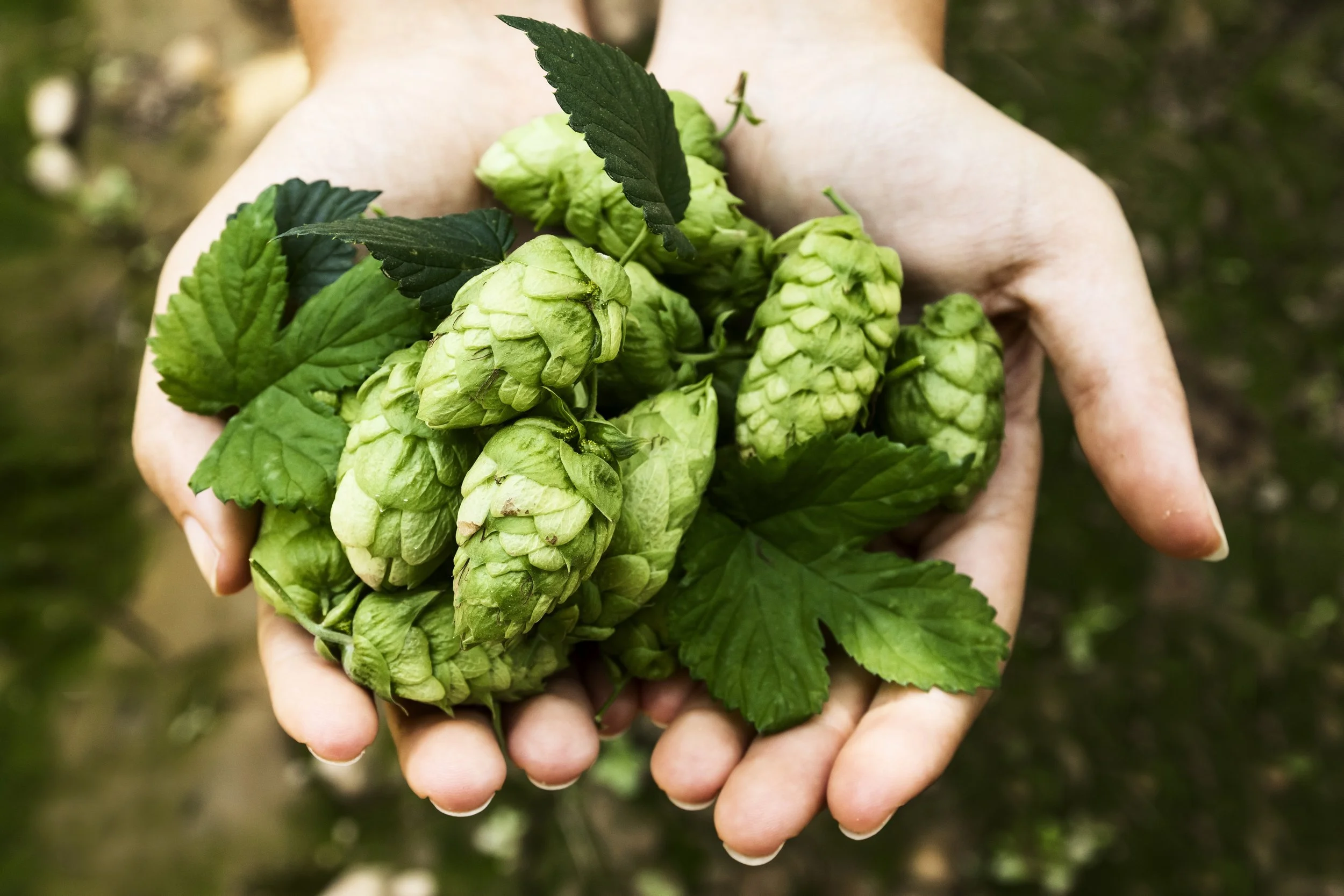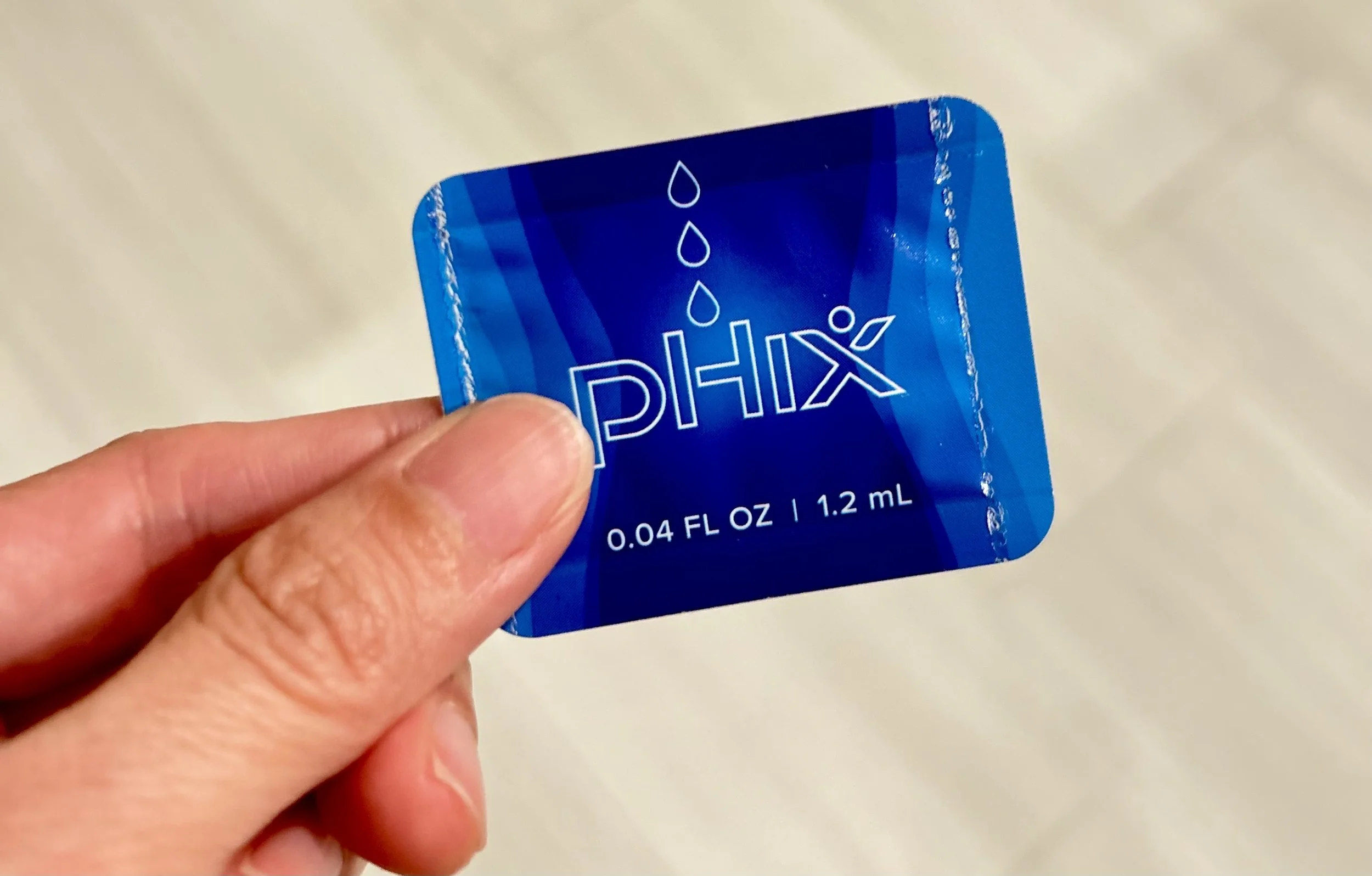
Latest Research
Connection Between Autism and the Vagus Nerve
Various vagus nerve stimulation methods have been studied and researched. Activating the vagus nerve has shown to improve health outcomes and quality of life.
Now we have a simple oral form solution. Phix contains MHE3™, a proprietary matured hops extract that stimulates the vagus nerve for up to 9 hours. For many decades nobody has been able to extract the MHE molecules of alpha, beta and gamma forms at a concentration that gets the results we see with pHix. Phix contains matured hops molecules that are stabilized so it remains bioactive and efficacious. It is the simplest solution to activating the vagus nerve naturally. Phix is a plant based, revolutionary, stimulant free, tasteless liquid that can be added to any beverage. It is suitable for adults and children.
The vagus nerve, a key component of the parasympathetic nervous system, regulates various bodily functions, including heart rate, digestion, and inflammation, and influences social behavior and emotional regulation via the "gut-brain axis" and polyvagal theory. Since autism spectrum disorder (ASD) often involves challenges with social communication, emotional regulation, and sensory processing, modulating vagus nerve activity could address some of these symptoms.
Vagus Nerve Activation and Autism:
Mechanisms:
- The vagus nerve connects the brain to the body, influencing the autonomic nervous system and neuroimmune responses. In ASD, atypical vagal activity may contribute to issues like sensory sensitivities, anxiety, or social difficulties.
- Vagus nerve activation may enhance neuroplasticity, improve emotional regulation, and reduce inflammation linked to ASD symptoms.
Journal of Psychiatry and Brain Science,
23 September 2022
Vagus Nerve Stimulation as a Treatment for Fear and Anxiety in Individuals with Autism Spectrum Disorder
Anxiety disorders affect a large percentage of individuals who have an autism spectrum disorder (ASD). In children with ASD, excessive anxiety is also linked to gastrointestinal problems, self-injurious behaviors, and depressive symptoms. Exposure-based cognitive behavioral therapies are effective treatments for anxiety disorders in children with ASD, but high relapse rates indicate the need for additional treatment strategies. This perspective discusses evidence from preclinical research, which indicates that vagus nerve stimulation paired with exposure to fear-provoking stimuli and situations could offer benefits as an adjuvant treatment for anxiety disorders that coexist with ASD. Vagus nerve stimulation is approved for use in the treatment of epilepsy, depression, and more recently as an adjuvant in rehabilitative training following stroke. In preclinical models, vagus nerve stimulation shows promise in simultaneously enhancing consolidation of extinction memories and reducing anxiety.¹
The key to activating vagus nerve naturally and effectively is a patented mature hops extract MHE3™.
Dr. Tony Ebel, DC, CPPFC, CCWP, Apr 23, 2024
The Vagus Nerve and Autism: An Overlooked Factor
Dr Tony highlights the connection between the vagus nerve and autism. The vagus nerve has a critical role in regulating bodily functions like digestion, inflammation, and communication, which are often impaired in autism spectrum disorder (ASD).
Vagus nerve dysfunction, often stemming from early life stressors like prenatal issues or birth trauma, contributes to autism symptoms. Stimulating the vagus nerve can improve nervous system regulation, and alleviate symptoms. It addresses neurological roots over traditional therapies that focus on symptom management.²
The patented mature hops extract, MHE3™, is a natural solution to stimulate and activate the vagus nerve.
¹.https://jpbs.hapres.com/htmls/JPBS_1495_Detail.html#:~:text=This%20perspective%20discusses%20evidence%20from,to%20stimulate%20the%20vagus%20nerve.
². (https://pxdocs.com/vagus-nerve/vagus-nerve-and-autism/)


